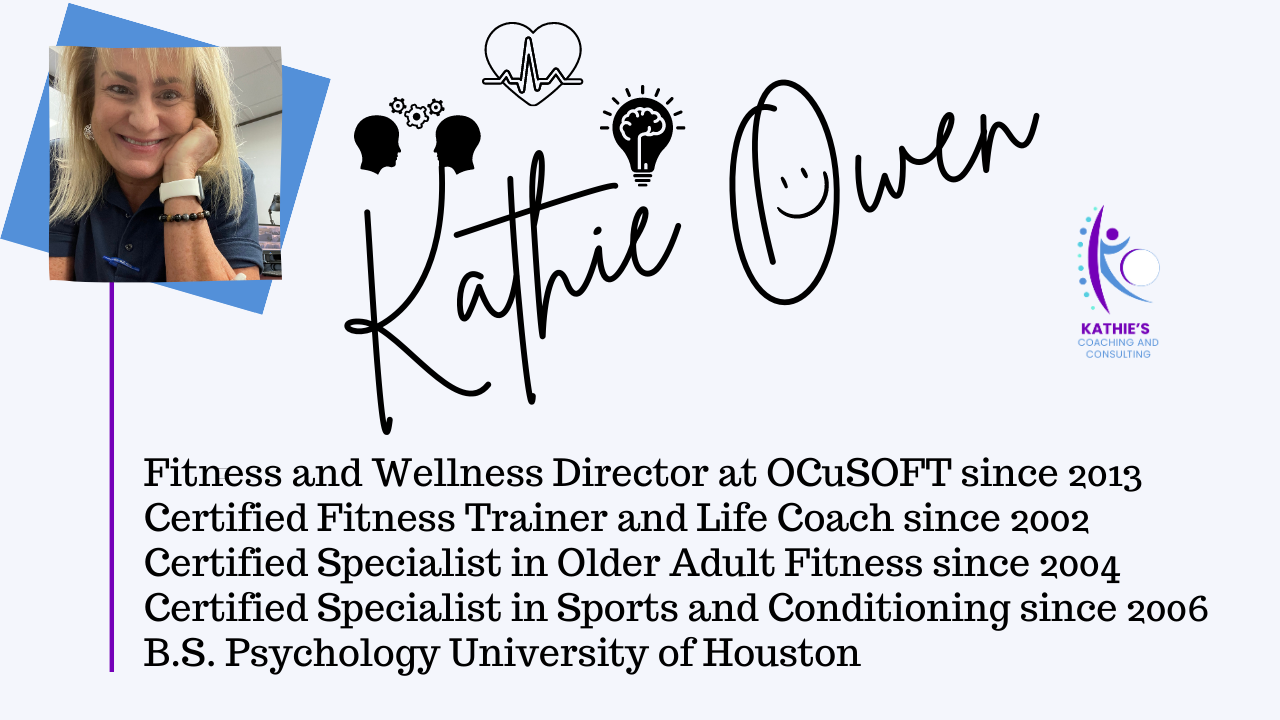The Negativity Bias - Why We Have It and How to Overcome It
Article summary
Do you often find yourself focusing on the negative and struggling to maintain a positive outlook? As entrepreneurs, it's easy to get caught up in the challenges we face, which can exacerbate our natural tendency towards negativity bias.
In this article, we explore the origins and effects of negativity bias, as well as practical strategies to overcome it and cultivate a growth mindset. From gratitude practice to mindfulness meditation, we provide actionable tips and techniques to help you shift your perspective and develop a more positive and optimistic outlook.
Plus, we include book recommendations to help you continue your growth mindset journey. Don't let negativity bias hold you back from achieving your goals - check out our latest article now!
Negativity Bias
We'll be discussing a topic that affects us all: negativity bias. As successful businesspeople, we know that maintaining a healthy mind and a positive outlook are critical to our success. However, the negativity bias can hold us back by causing us to focus too much on negative experiences and thoughts.
Today we are going to explore the concept of negativity bias, its impact on our lives, and most importantly, how to overcome it. By understanding and overcoming the negativity bias, we can develop a more positive outlook, make better decisions, and achieve our goals. 🌟
So, let's dive into this fascinating topic and learn how to harness the power of positivity!
And speaking of fascinating topics, have you read "The Art of Possibility" by Rosamund Stone Zander and Benjamin Zander? This book offers an insightful and inspiring perspective on cultivating a growth mindset. One anecdote from the book that has stayed with me is about a shoe factory that sent two salesmen to Africa. One of them reported back, "There is no market here - nobody wears shoes!" The other reported back, "There is a huge market here - nobody wears shoes!" It's all about perspective, my friends.
Watch the video on YouTube here!
Listen to the podcast episode on Kathie’s Coaching Podcast here!
What is Negativity Bias?
This cognitive bias affects our perception of the world and refers to the tendency we have to focus more on negative information than positive information. 🤔
The negativity bias has evolutionary roots, as our ancestors had to be constantly vigilant for potential dangers in their environment. Today, this bias can lead to anxiety, depression, and a lack of motivation.
To counteract the negativity bias, we need to understand it and develop a growth mindset. One book that offers practical advice for doing so is "The Happiness Advantage" by Shawn Achor. In the book, Achor shares an anecdote about a man who was stuck in traffic and became increasingly agitated. However, when he noticed that the driver next to him was in a worse situation, his perspective shifted and he felt more grateful for his own situation. It's a great reminder that perspective is everything! 🌟
So, let's learn more about the negativity bias and how to overcome it to achieve our goals.
Why do We Focus on the Negative?
As entrepreneurs, we often face numerous challenges and obstacles on our journey to success. Unfortunately, our brains are wired to prioritize negative information over positive information, which can lead us to focus more on negative experiences and thoughts.
The negativity bias has its roots in both cognitive and emotional processes. Our brains are designed to protect us from harm, and negative experiences and thoughts have a greater impact on our survival and well-being than positive ones. Additionally, social and cultural factors can reinforce the negativity bias, such as the tendency for media outlets to focus more on negative news stories.
To counteract the negativity bias, we need to develop a growth mindset and become aware of when we're focusing too much on negative experiences and thoughts. One book that offers practical advice for doing so is "Learned Optimism" by Martin E. P. Seligman. In the book, Seligman shares an anecdote about a group of soldiers who were able to overcome the negativity bias and improve their performance through a program of positive psychology interventions.
By understanding the origins and effects of the negativity bias, we can take steps to overcome it and develop a growth mindset that empowers us to succeed. In the next section, we'll explore the specific effects of the negativity bias on our mental health, relationships, decision-making, and workplace productivity, and how to overcome it.
Effects of Negativity Bias
The negativity bias can have a range of negative effects on our lives as entrepreneurs, including our mental health, relationships, decision-making, and workplace productivity.
Mentally
Mentally, the negativity bias can lead to anxiety, depression, and other mental health issues. By focusing more on negative experiences and thoughts, we may become more pessimistic and negative overall, which can have a detrimental effect on our well-being.
Relationships
In terms of relationships, the negativity bias can also have a negative impact. If we focus too much on negative experiences and thoughts, we may be more critical and less forgiving of others, which can damage our relationships.
Decision Making
When it comes to decision-making, the negativity bias can lead us to be more risk-averse and less likely to pursue opportunities that could lead to success. We may focus too much on potential risks and drawbacks, which can prevent us from taking necessary risks to achieve our goals.
Productivity
Finally, the negativity bias can also have a negative impact on workplace productivity. If we focus too much on negative experiences and thoughts, we may be less motivated and less productive at work.
To overcome the negativity bias and develop a growth mindset, it's important to develop an awareness of our negative thought patterns and replace them with more positive and realistic ones. One book that offers practical advice for doing so is "Mindset" by Carol S. Dweck. In the book, Dweck shares an anecdote about how Olympic gold medalists are often not the most talented or gifted athletes, but rather those who have a growth mindset and are willing to put in the effort to improve.
By understanding the effects of the negativity bias and taking steps to overcome it, we can cultivate a more positive and optimistic outlook that empowers us to achieve our goals as entrepreneurs.
How to Overcome Negativity Bias
Overcoming the negativity bias and developing a growth mindset requires effort and practice, but it's definitely achievable. Here are some effective strategies that can help you cultivate a more positive and optimistic outlook:
Awareness: The first step in overcoming negativity bias is to become aware of it. Pay attention to your thoughts and emotions and try to identify when you're focusing too much on negative experiences and thoughts.
Gratitude practice: Practicing gratitude is a powerful way to counteract the effects of negativity bias. Take some time each day to reflect on the things you're grateful for, no matter how small they may seem.
Mindfulness meditation: Mindfulness meditation can also be helpful in overcoming negativity bias. By practicing mindfulness, you can learn to observe your thoughts and emotions without judgment and let go of negative thoughts and feelings.
Cognitive restructuring: Cognitive restructuring involves identifying and challenging negative thought patterns. When you notice a negative thought, try to reframe it in a more positive and realistic way.
Positive psychology interventions: There are many positive psychology interventions that can help you develop a growth mindset and overcome negativity bias. Some examples include visualization exercises, positive affirmations, and acts of kindness.
In addition to these strategies, it's important to make self-care a priority. This includes getting enough sleep, eating a healthy diet, and engaging in regular exercise. By taking care of your physical and mental health, you'll be better equipped to overcome the negativity bias and succeed as an entrepreneur.
If you're interested in learning more about these strategies and how to cultivate a growth mindset, I highly recommend "The Positive Shift" by Catherine A. Sanderson. In the book, Sanderson shares an anecdote about a young woman who was struggling with negativity bias and was able to overcome it through a combination of positive psychology interventions and self-care practices.
Remember, overcoming the negativity bias is a process, but with effort and practice, you can cultivate a positive and optimistic outlook that empowers you to succeed as an entrepreneur.
FAQs and the Negativity Bias
-
An example of negativity bias can be seen in how we react to negative news stories versus positive ones. We tend to pay more attention to negative news stories and remember them more vividly, while positive news stories may not have the same impact on us. For example, if you read 10 news stories about positive developments in your city and one news story about a crime, the crime story is more likely to stick in your mind and affect your mood and perception of the safety of your community.
-
The negativity bias has evolutionary roots that helped our ancestors survive in dangerous environments. Our brains are wired to prioritize negative information over positive information because negative experiences and thoughts have a greater impact on our survival and well-being. In addition, social and cultural factors can reinforce the negativity bias, such as the tendency for media outlets to focus more on negative news stories.
-
Overcoming the negativity bias requires effort and practice, but it's definitely achievable. Here are some effective strategies that can help you stop the negativity bias:
Awareness
Gratitude practice
Mindfulness meditation
Cognitive restructuring
Positive psychology interventions
-
Toxic positivity is the excessive and unrealistic belief in the power of positive thinking, to the point where negative emotions and experiences are ignored or invalidated. While having a positive outlook and mindset can be helpful, toxic positivity can be harmful and dismissive of people's genuine emotions and struggles.
For example, telling someone who is going through a tough time to "just think positive" or "look on the bright side" can be dismissive of their emotions and invalidating of their struggles. It can make them feel like they're not allowed to express their negative emotions, and that their feelings are not valid or important.
It's important to acknowledge and validate all of our emotions, including the negative ones, in order to have a healthy and balanced perspective. A growth mindset involves recognizing the challenges and obstacles we face, while also believing in our ability to overcome them.
-
While related, toxic positivity and negativity bias are not the same thing. Negativity bias refers to our tendency to give more attention and weight to negative information or experiences, while toxic positivity is an extreme focus on the positive that can lead to the invalidation of negative emotions.
In fact, toxic positivity can be a reaction to negativity bias, as people may feel pressured to suppress their negative emotions and put on a positive front in response to the pervasive negativity around them. It's important to strike a balance between acknowledging and processing negative emotions while also cultivating a positive and growth-oriented mindset.
Conclusion
Allright that’s my article on the negativity bias. I trust that you found it helpful. If you know someone who can benefit from this article please share it with them using the simple share buttons to the side. And until next time I will see you next time. Peace out and Namaste.








Micromanagement isn’t about control — it’s a loss of it. This article explains how emotional regulation, non-attachment, radical responsibility, courage, and boundaries help leaders stop micromanaging and lead with clarity under pressure. #LeadershipUnderPressure #EmotionalRegulation #Micromanagement #ExecutiveLeadership
#LeadershipDevelopment #WorkplaceCulture #Boundaries #CalmLeadership #PrivateConsulting